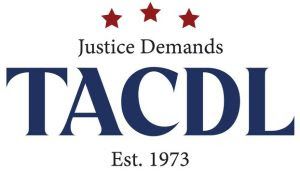Order of Protection
Engaging a lawyer for an order of protection is essential to navigate the legal complexities and ensure your rights are protected. A skilled attorney can assess your situation, guide you through the legal process, and advocate effectively on your behalf, presenting your case persuasively to the court. With their expertise, they can help gather evidence, challenge opposing claims, and strategize to secure the strongest possible protection, providing you with the necessary support and legal representation during this challenging time.
An order of protection, also known as a restraining order, is a legal document issued by a court to protect someone from harassment, abuse, threats, or violence by another person. It sets specific terms and restrictions, preventing the alleged abuser from contacting or approaching the victim, their family, or other specified individuals. Orders of protection can include provisions such as maintaining a certain distance, refraining from communication, or vacating a shared residence. Violating the terms of an order of protection is a serious offense, punishable by law, and seeking such an order is crucial for ensuring the safety and well-being of the individual being protected.
Examples of Order of Protection include:
- No Contact: Restricts the alleged abuser from contacting the victim in person, by phone, email, or through social media.
- Stay Away: Orders the alleged abuser to stay a certain distance away from the victim, their home, workplace, school, or other specified locations.
- Move Out: Requires the alleged abuser to vacate a shared residence, even if it's owned or leased by the alleged victim.
- Child Custody: Specifies temporary custody and visitation rights, often limiting or supervising the alleged abuser's interactions with children.
- Firearms Surrender: Mandates the alleged abuser to surrender firearms and prohibits them from owning or purchasing guns during the duration of the order.
- Financial Support: Can include provisions for financial support, including spousal or child support, even if the alleged abuser is ordered to stay away.
- Counseling or Treatment: May require the alleged abuser to attend counseling, therapy, anger management, or other treatment programs.
- Animal Protection: Extends protection to pets, prohibiting harm or disposal of shared animals.
- Third-Party Protection: Extends protection to family members, relatives, or other individuals connected to the victim, preventing harassment or contact with them as well.


